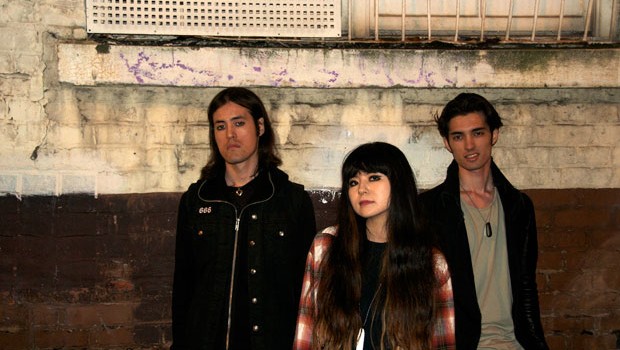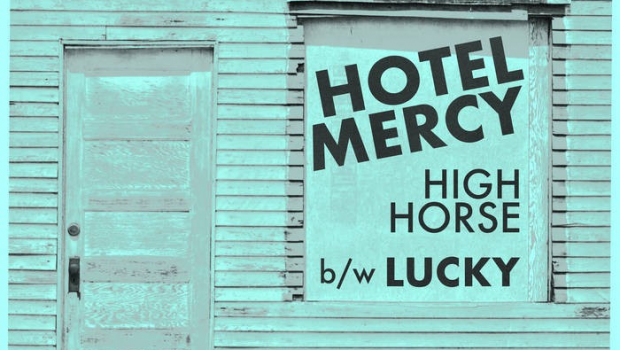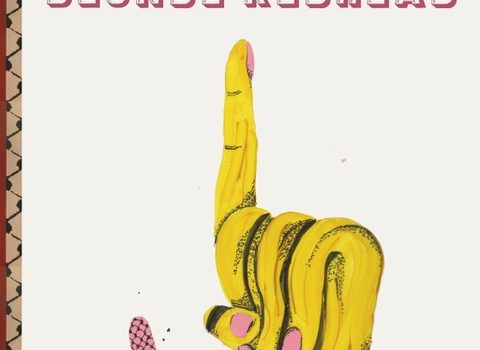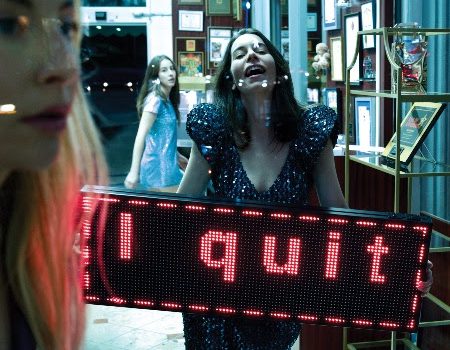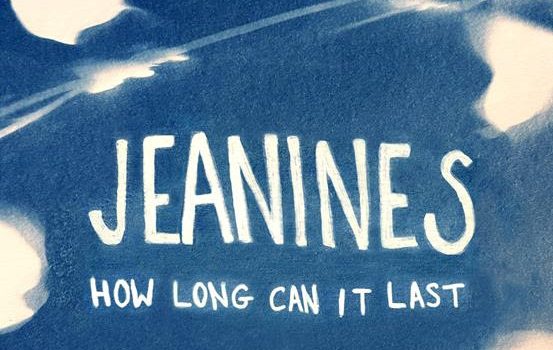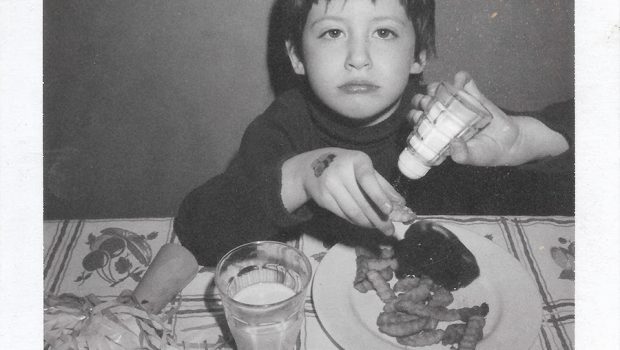-GULLIVERS, MANCHESTER-
Tin Mole
Experimental is a label difficult to define, but it appears Deco have rummaged the attic for a few of the more warped figurines you’d be wise to inspect before touching. Dominated by menacing bass lines, Tin Mole succumb to the irresistibility of synthesisers as they purge onward, almost as though a mystic has given them the necessary formula to help them apply agitated sing-speak, Jaz Coleman-esque vocals to a Sega Dreamcast-era video game backing track, which in turn allows the intensity to consistently build into something… speeding automobile-like. Having six members affords them a lot of flexibility, specifically in how the guitars will chime or screech against one another, amongst other tones. In addition, the other members at times are seated to operate the computers/modulators; reinforcing the vision of a work station that wilfully ignores the volume conventions set in stone by a typical office landscape.
Factory Acts
Following on, Factory Acts showcase an industrial sound augmented by a bass guitar which anchors the selection of electrical equipment and loops. The vocalist’s sonorous, almost Siouxie-inspired delivery style (with occasional effects) makes up for the cliché lyricism (Eye for an eye? Children fight?) that could have been avoided. The pacing of the set starts to flounder around the middle, causing me mild disinterest, although it partially regains some momentum towards the end (setlist realignment?). Throwing another point of criticism would be the drum machine, it gives their songs an impersonal feel that subtracts rather than embellishes to the tone they are going for; perhaps an individual with sticks could help with the rhythm.
Slow Knife
In direct contrast to the music of the masked Venetian festival Carnevale, Slow Knife passively slash the avant-garde-a-clue expectation of the audience by eschewing the guitar-dictates-everything strategy and instead opt for an interpretation of a Freudian Analysis in the confines of a niche-film soundtrack. The vocalist acts much like a misappropriated orator, holding a parchment as he casually emits what hypothetically could be his speech writer’s notes in a repetitive, detached pattern (universe destroyed?/harlequins?); all the while the saxophone, drums, theremin and the static-accordion-thing free jazz their way into nearby eardrums and provoke a kind of positive bewilderment from the spectators. A segment involving a synthesiser and a drum machine lull the atmosphere into a Tangerine Dream constructed cosmos that would probably please and/or provoke one of those militant Krautrock record collectors that everyone secretly despises yet still looks to for guidance on all matters cerebral. Overall, observation shows that they have grasped their influences and eccentricities into a fleshed out, multi-dimensional labyrinth that many in a similar vein would fail to even superficially navigate, let alone complete.
Tangerinecat
Having witnessed Tangerinecat at the Soup Kitchen nearly a year prior, I knew to expect some kind of socio-political shtick; however to my surprise the track by track commentary appears to have been cut from this particular performance. Their roles are divided by one handling the electronics/rhythm machines/flute while the other sings and twists a stringed, boxed instrument with a rotatable lever attached; when used with the flute it gives off a folk sensibility that doesn’t quite gel with the electronics; envision Ian Anderson interrupting a less commercial version of Soft Cell and you’d get a rough visualisation. The vocals and overall sound ooze this kind of sanctimonious melodrama that brings me to the conclusion that the performers probably enjoyed it more than I did; it lacked that kind of smash-a-mic on stage volatility that would convey the message in a more impactful way.
Tangerinecat: Official | Facebook | Twitter

